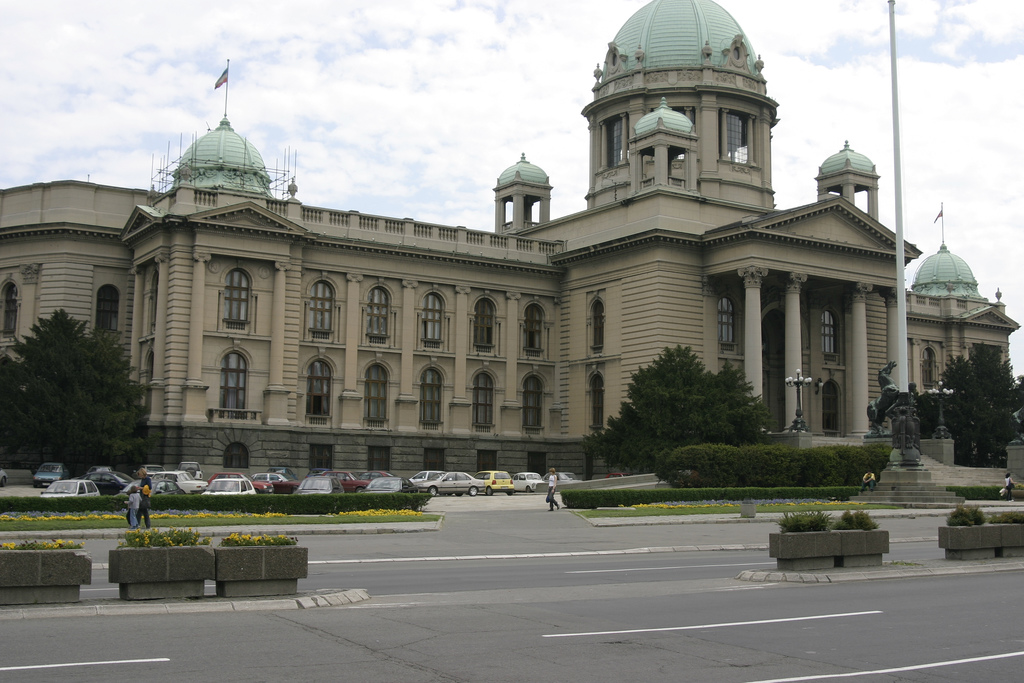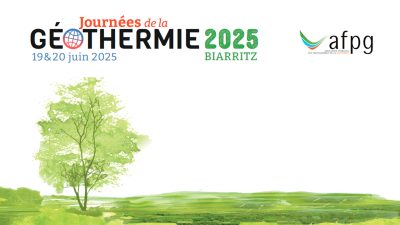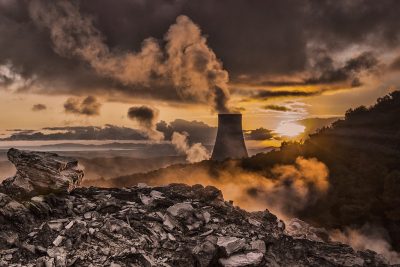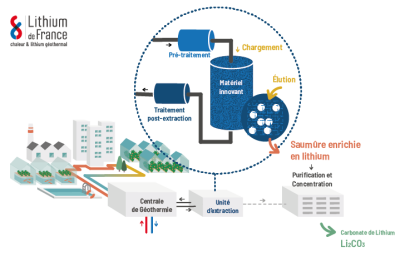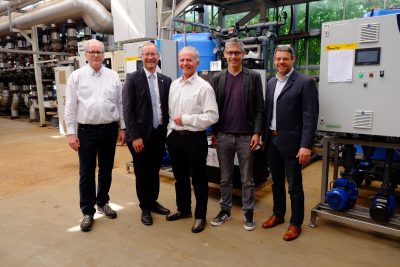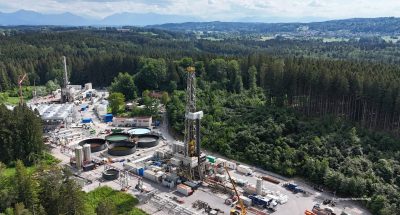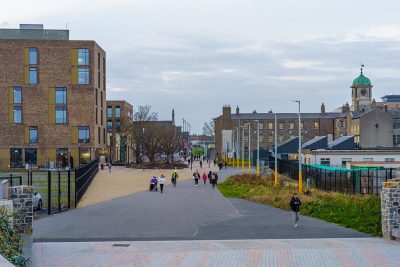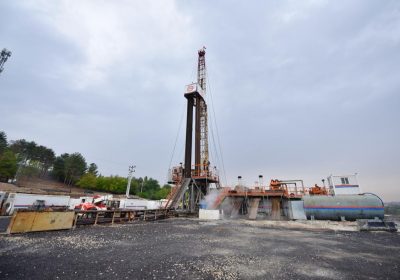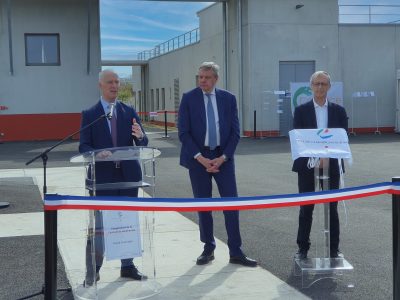UNDP confirms geothermal resource in Belgrade, Serbia
A study done by the UNDP together with the Ministry of Mining and Energy has confirmed a geothermal resource on the locations of the SIV 3 and Palace of Serbia buildings in Belgrade.
The United Nations Development Program (UNDP) in partnership with the Ministry of Mining and Energy in Serbia and in cooperation with the Administration for Joint Services of the Republic Bodies and the Council of Europe Development Bank (CEB) have completed a geothermal resource research on the site of the SIV 3 building in Belgrade, Serbia. A similar study has also began on the location of the Palace of Serbia.
Preliminary results indicate that there is a geothermal resource in both locations with potential to supply power to the two buildings. This will then be followed by a Building Energy Rehabilitation Feasibility Study that will consider the scope, type, and manner of use of the geothermal resource. The planned geothermal resource research will be completed by November 2022.
These surveys are part of “Energy Efficiency in Central Government Buildings,” a EUR 40-million multi-year programme that aims to improve the energy efficiency in central government buildings. The geothermal resource research conducted at the Palace of Serbia was made possible owing to financial support from the West Balkans Investment Framework (WBIF) and CEB trust funds financed by the Slovak Republic and the Kingdom of Spain, while the same study at the SIV 3 building was financed from grants provided by the Government of the Slovak Republic via the UNDP fund.
The application of geothermal power to provide for some of the energy needs of SIV 3 and Palace of Serbia buildings would help reduce the buildings’ primary power consumption, cut down CO2 emissions, and enable energy-related savings that can be used to improve working conditions for the staff. It would also address the rising need for introducing newer and cleaner energy sources, and contribute to the green transition of the Serbian economy and society.
Source: UNDP
